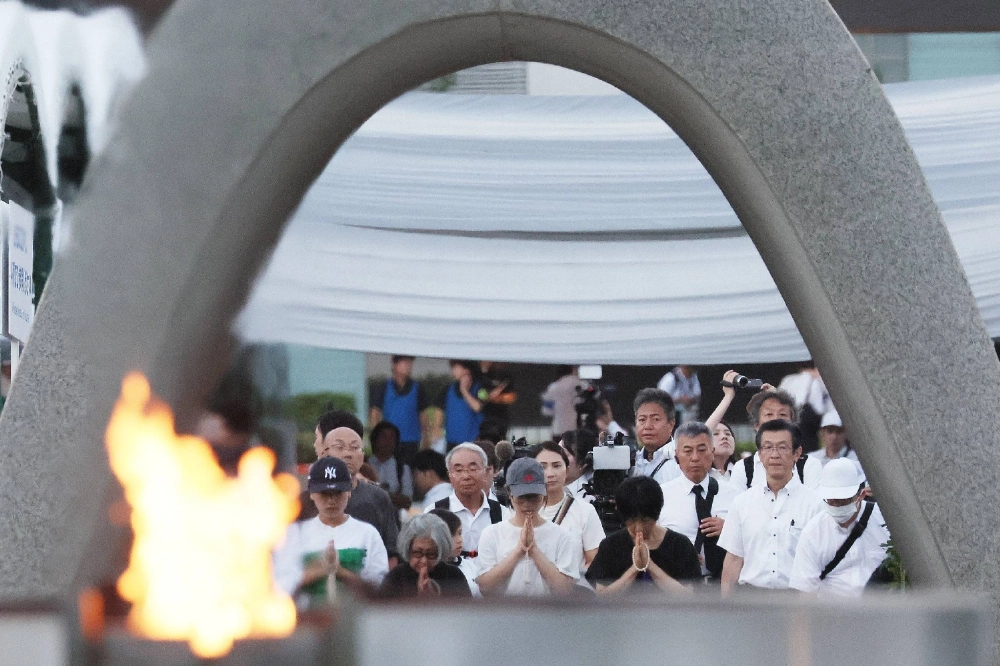Japan marked the 80th anniversary of the atomic bombing of Hiroshima on Wednesday, with silent prayers offered to the tens of thousands of lives lost and for those who suffered from the blast for decades afterward.
But the message to rid the world of nuclear weapons from the only country that has experienced atomic bombings appears to be losing momentum amid global conflicts, including Russia’s war on Ukraine and tension in the Middle East.
Prime Minister Shigeru Ishiba nevertheless vowed to pursue a world without nuclear weapons, describing it as Japan’s “mission.”


















With your current subscription plan you can comment on stories. However, before writing your first comment, please create a display name in the Profile section of your subscriber account page.